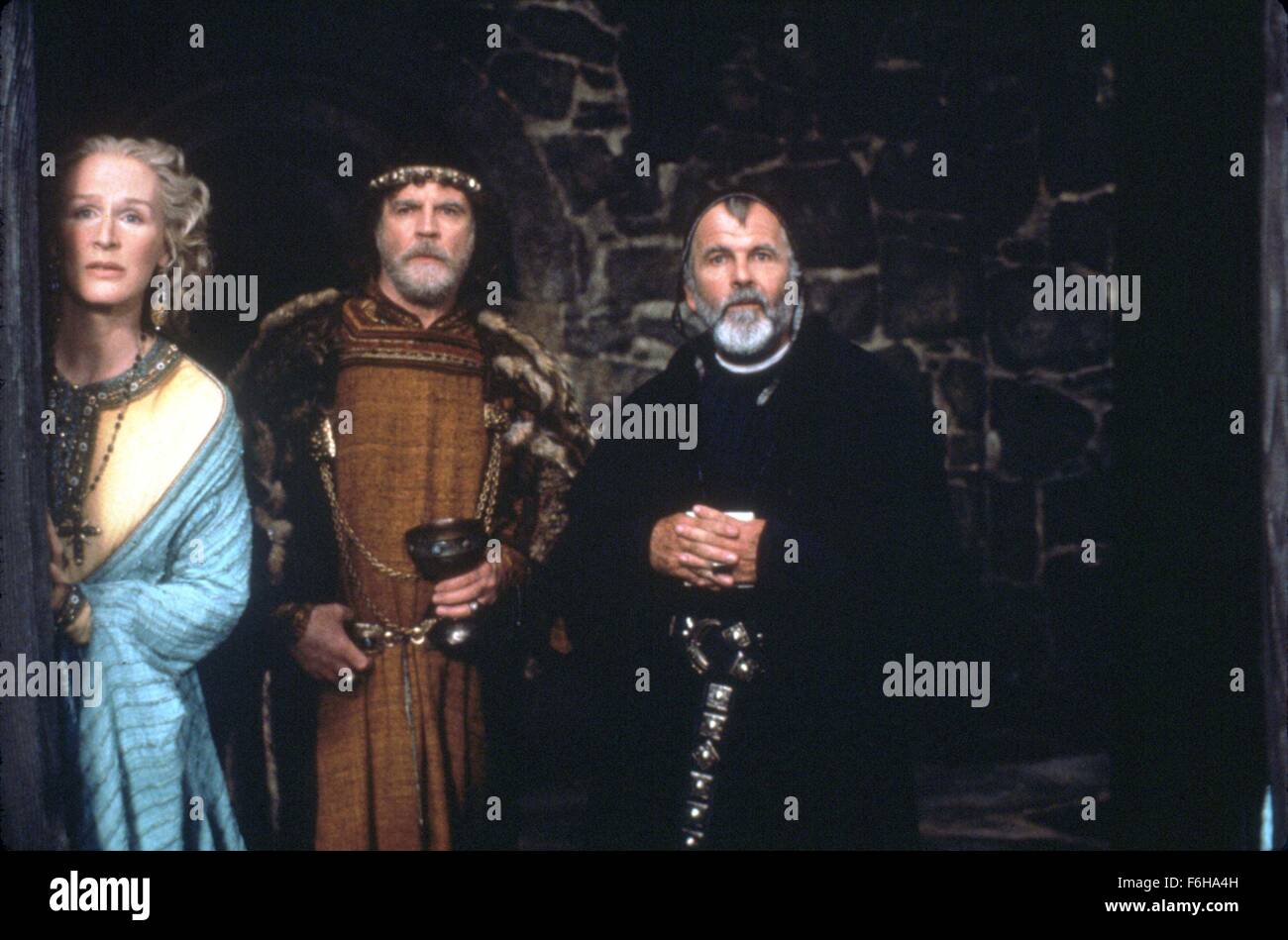

Hamlet’s theme is a lament for strings, with an elegant but downcast melody that moves from violas to cellos, and is backed by a weary-sounding wash of violins. It’s also not especially thematically strong, which is unusual for Morricone there are recurring themes for Hamlet, for his doomed love Ophelia, and for the general concept of ‘madness,’ but none of them really assert themselves in the way that Morricone’s best themes do, instead seeming content to dwell in the murky gloom that characterizes most of the score. It’s entirely orchestral, albeit with some occasional moments where a chorus is present, and it mostly focuses on the darkness of the story, which results in a score which can feel a little dour and depressing at times. As far as I can tell this is the only Shakespeare adaptation Morricone ever scored, and it’s fascinating to hear his take on the bard.īy and large, Morricone approaches the story completely straightforwardly, concentrating on the drama and tragedy inherent in it all, without really offering any unusual takes or any of his occasionally idiosyncratic interpretations. Perhaps inevitably, the composer chosen was the greatest Italian composer of his generation, Ennio Morricone, who was firmly a part of the film music mainstream at that point in his career, and was scoring mostly English language and Hollywood films.

It’s a timeless story of violence, betrayal, retribution, and madness, and has a spectacular cast including Glenn Close, Alan Bates, Paul Scofield, Ian Holm, and Helena Bonham-Carter as the luckless Ophelia.įranco Zeffirelli’s previous forays into Shakespeare, with The Taming of the Shrew in 1967 and Romeo and Juliet in 1968, resulted in spectacular scores by the great Nino Rota, but Zeffirelli needed to find a new musical voice for Hamlet as Rota had died in 1979. The story is, of course, a classic one, wherein the titular prince of Denmark plots revenge against his uncle Claudius, who murdered his brother the king – Hamlet’s father – with the help of Hamlet’s mother Gertrude. In 1990 Italian director Franco Zeffirelli released his own version, which was made to appeal directly to Hollywood sensibilities through its casting of Mel Gibson in the title role.

There have been literally dozens of versions of William Shakespeare’s Hamlet made for film and television over the years, ranging from Lawrence Olivier’s 1948 masterpiece, to Tony Richardson’s 1968 version based on his own London stage production, to Kenneth Branagh’s spectacularly lavish unabridged version released in 1995.


 0 kommentar(er)
0 kommentar(er)
